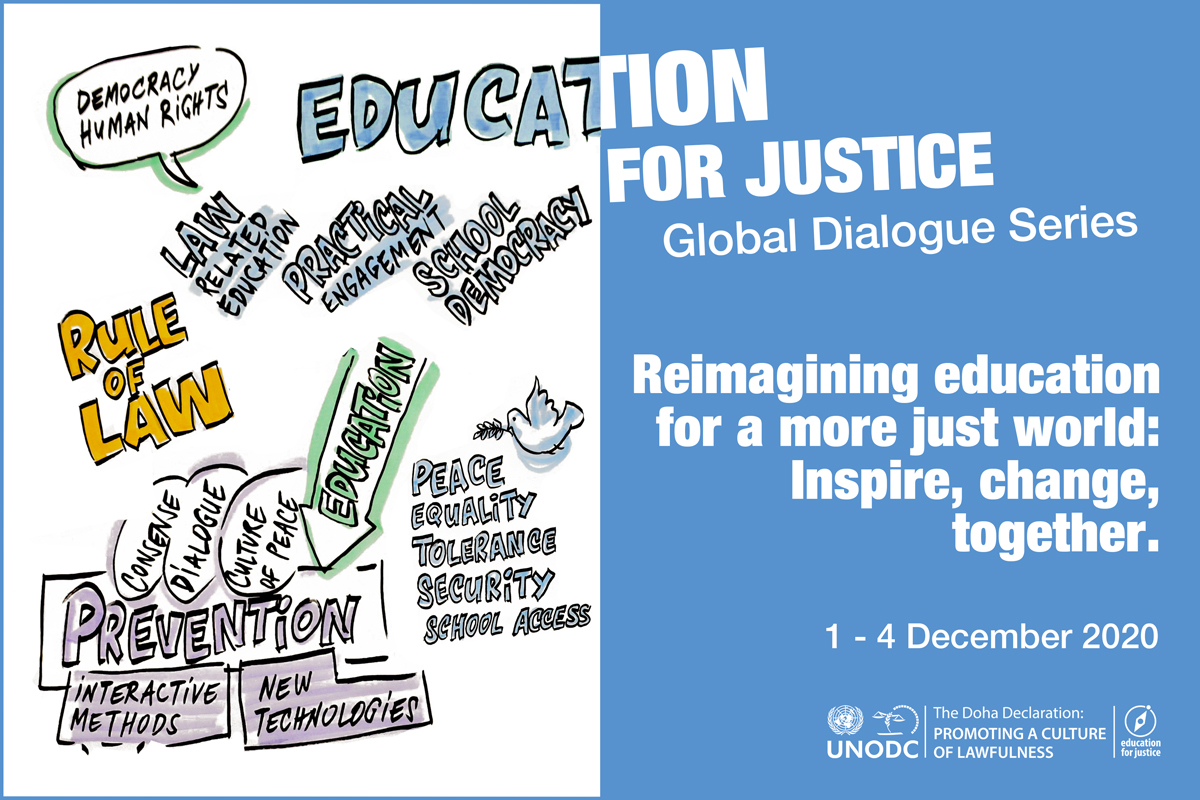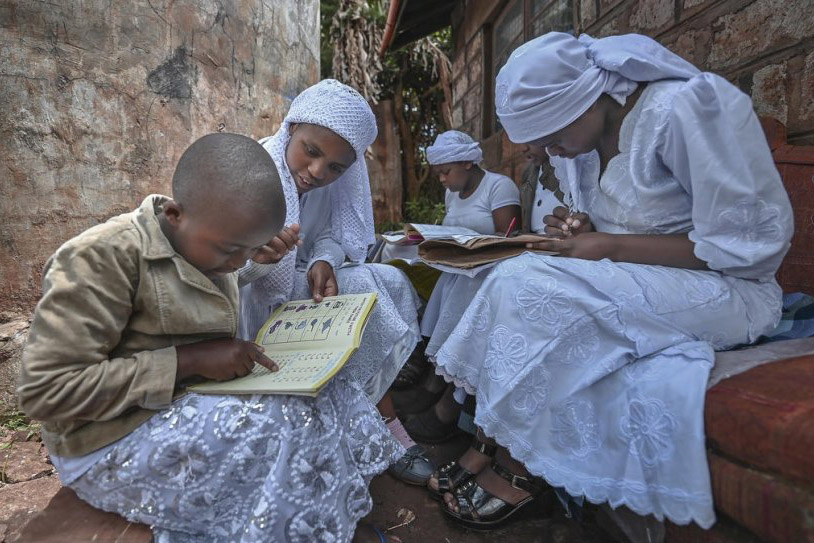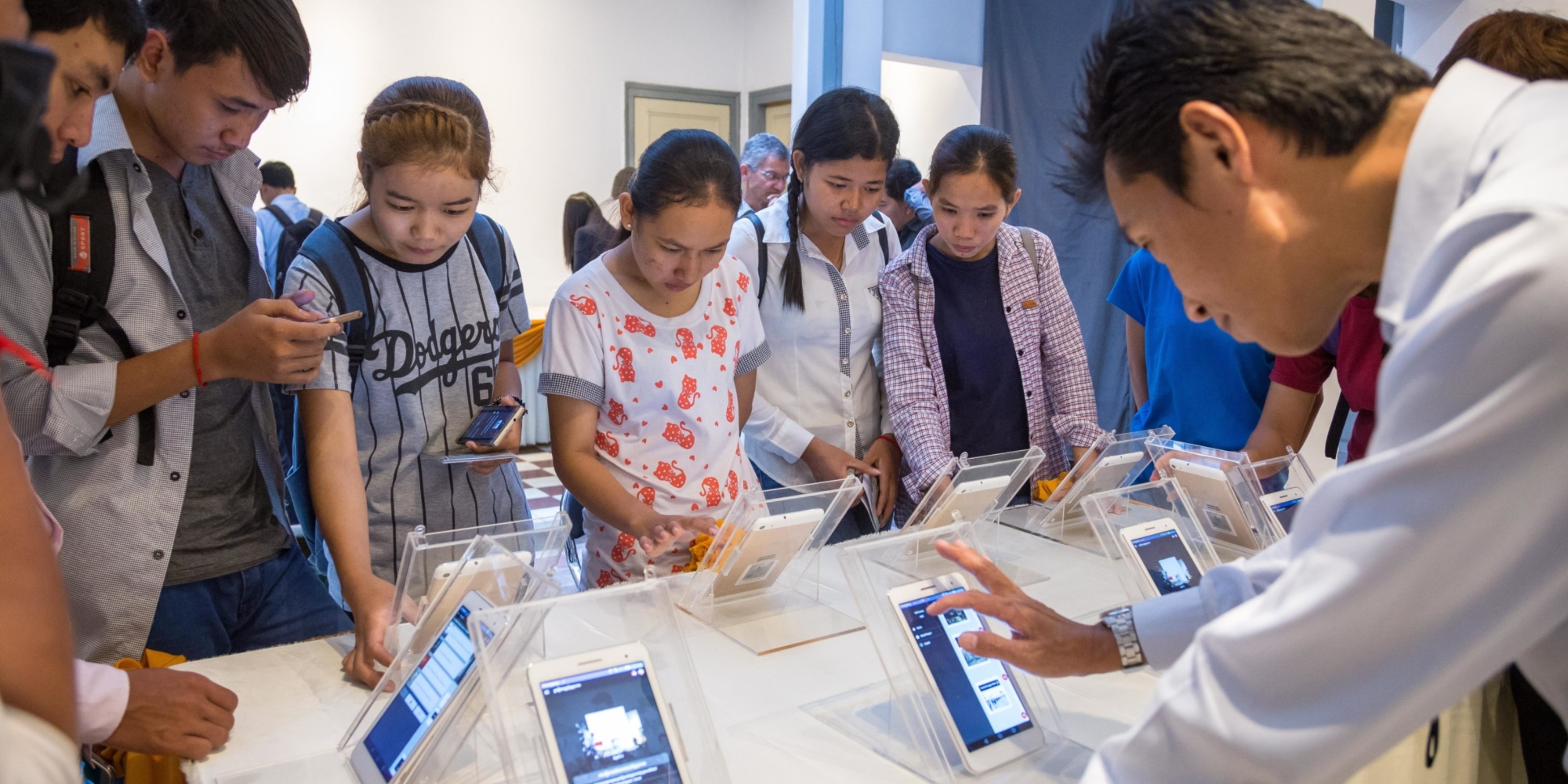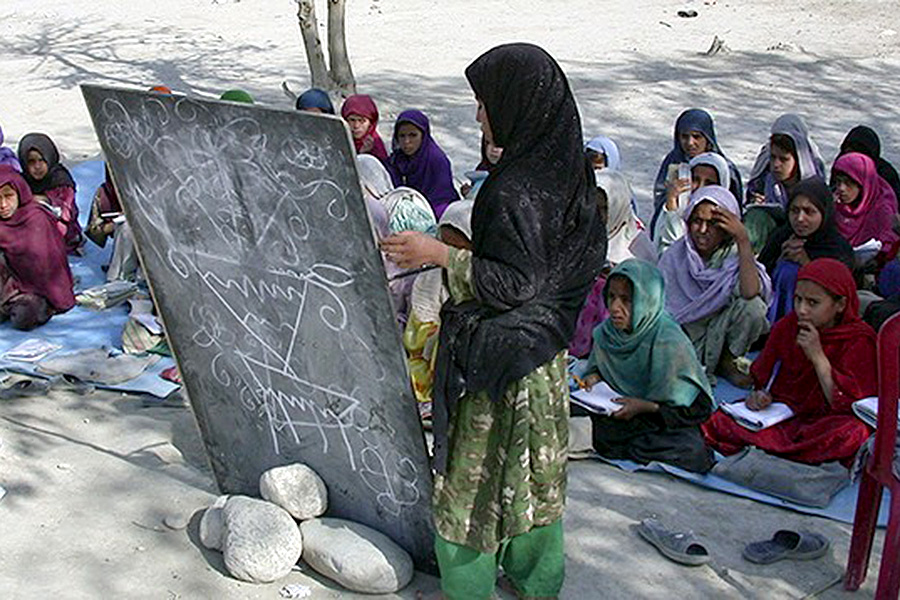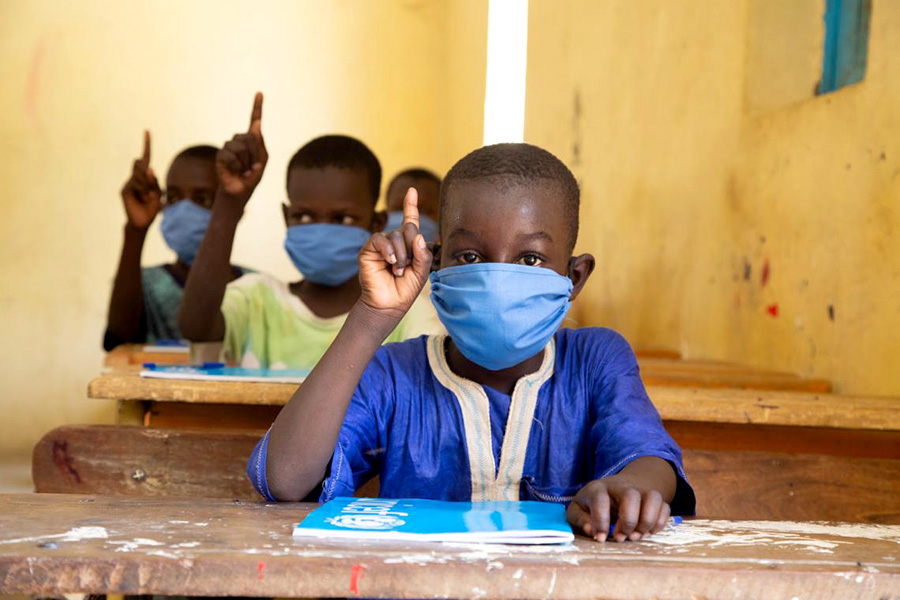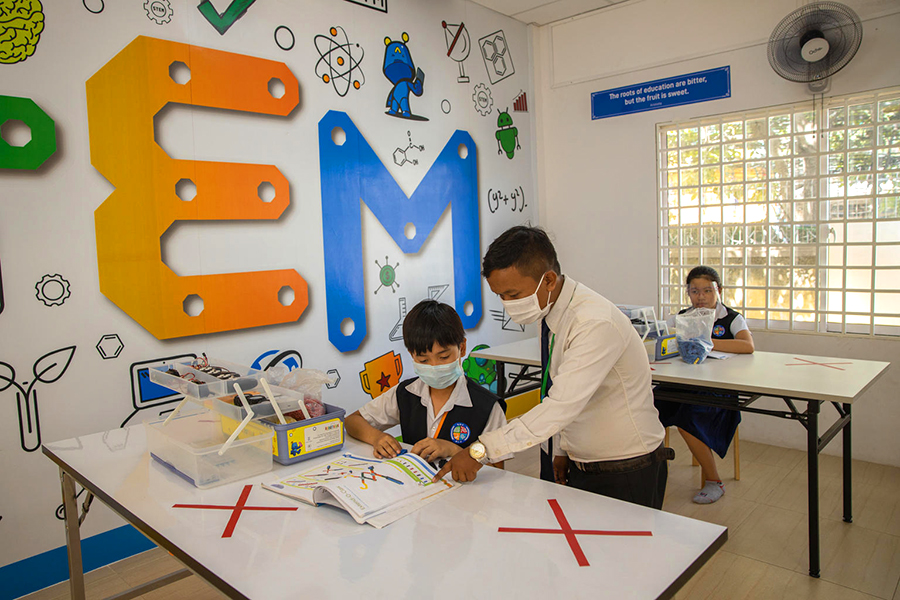The COVID-19 pandemic has led to learning disruption on a scale never seen before. The closure of learning institutions has affected the lives of more than 1.5 billion students in over 190 countries.
While on their way to school, a terrible bicycle accident left Avni visually-impaired and eventually unable to return to school with her older sister Bina.
"And he rushes up to embrace his mother. At that moment, I just said, thank you. This is what happiness is, I want to do this all my life. I just want to repatriate refugees for the rest of my life."
From 1-4 December, UNODC is hosting the Education for Justice (E4J) Global Dialogue Series. More than 35 online interactive panels will discuss how the international education community is working towards teaching justice and rule of law issues, with inspiration from innovative approaches from around the world to ensure that learning never stops even during a global pandemic. Join E4J and see how the UN and its partners are reimagining education for a more just world, and inspiring change together!
Bullying in school is a serious issue, affecting one in three students worldwide. This animation follows the stories of three young victims of bullying across the world, revealing the negative consequences of bullying on educational outcomes, health and well-being.
‘I want all Shona women to see that they can be anything they want’
In Cambodia, an interactive smartphone app is helping educate students about the country’s devastating history under the Khmer Rouge. It is a period that will forever echo in Cambodia’s history, but one that society struggles to deal with to this day. In recent years, international, governmental, and non-governmental institutions have been working to help address this. However, reaching young Cambodians has proven to be a significant challenge. The app called ‘Khmer Rouge History,’ was developed under a programme implemented by UNOPS.
School violence and bullying including cyberbullying is widespread and affects a significant number of children and adolescents. Almost one in three students has been bullied by their peers at school at least once in the last month and a similar proportion were affected by physical violence. UNESCO has declared 5 November the first annual International day against violence and bullying at school including cyberbullying, recognizing that school-related violence in all its forms is an infringement of children and adolescents’ rights to education and to health and well-being.
The UNESCO Prize for Girls’ and Women’s Education honours outstanding and innovative contributions made by individuals, institutions and organizations to advance girls’ and women’s education.
A UNESCO report released on the International Day of the Girl Child shows that 180 million more girls have enrolled in primary and secondary education since 1995. However, despite an increase across all levels of education, girls are still more likely to suffer exclusion than boys, and this is further exacerbated by the current pandemic. It therefore remains vital for governments to tackle persisting discrimination to achieve equality for the next generation of girls, argues the Global Education Monitoring (GEM) Report.
An entire generation has seen its education interrupted. UNICEF works to keep children, particularly the most marginalized, learning and to not just reopen schools, but better schools.
In 2020, World Teachers’ Day (WTD) celebrates “Teachers: leading in crisis, reimagining the future”. The day applauds the teaching profession worldwide, takes stock of achievements, and draws attention to the voices of teachers, who are at the heart of attaining the global education target to leave no one behind. The COVID-19 pandemic significantly adds to the challenges faced by already over-extended education systems throughout the world. The discussions surrounding WTD will address the role of teachers in building resilience and shaping the future of education and the teaching profession.
Egyptian football star Mo Salah and UN High Commissioner for Refugees Filippo Grandi urged the world to ensure that COVID-19 does not block access to education for millions of young refugees. “We must make sure that all young people – including refugees – get an education,” said Salah, Ambassador for the Vodafone Foundation and UNHCR Instant Network Schools (INS) programme, which provides online tools and services in refugee camps.
“Debating the Futures of Education” is a video series produced by UNESCO, within the framework of an initiative that seeks to reimagine the futures of education.


